Medicinal Cannabinoids and Epilepsy
A comprehensive review of studies of medicinal cannabinoid use in Epilepsy was commissioned by the Australian Government’s Department of Health. We have used the results of this rigorous work as the source of our summary below
A team from the University of New South Wales, University of Sydney and University of Queensland under the coordination of the National Drug and Alcohol Research Centre (NDARC) reviewed the available evidence for the use of medicinal cannabis in 5 clinic settings. Their findings for chronic pain, multiple sclerosis and epilepsy are summarised below with particular emphasis on data related to CBD products. The full analysis is available on the Therapeutics Goods Administration (TGA) website which is the Australian Medicines Regulatory body equivalent of Medsafe.
Epilepsy
The role of medicines in treating epilepsy is primarily focused on reducing seizure frequency, with the ultimate goal of achieving complete seizure freedom. It is also important to optimise the quality of life for the epilepsy patient, and to consider adverse events and likelihood of treatment withdrawal.
The Australian review considered evidence supporting the use of medicinal cannabis in treating epilepsy where the primary endpoint was achieving a 50% or greater reduction in seizures and a number of secondary endpoints such as achieving complete seizure freedom and improvements in quality of life.
Epilepsy Efficacy Summary
In two randomised controlled trials (RCTs) comprising 291 patients (mean age: 25.9 years, range: 10-45 years), CBD was more likely to produce a greater than 50 percent reduction in seizures than placebo (Relative Risk [RR] 1.74, 95 percent CI: 1.24-2.43). The Number needed to treat (NNT) for one person to achieve a 50 percent reduction in seizures was eight (95 percent CI: 6-17). Estimates did not differ by epilepsy type, sample age or study risk of bias.
An estimated 48.5 percent of the 970 patients in 17 observational studies achieved a 50 percent or greater reduction in seizures (95 percent CI: 39.0-58.1). This estimate is marginally larger than the proportion of responders in the two larger, high-quality RCTs (42.6 percent and 44.2 percent). Estimates did not differ by epilepsy type, sample age or study risk of bias.
Quality of life in the two RCTs was measured by parents'/caregivers' global impression of change. The pooled RR of parents/caregivers reporting that patients' overall condition had improved (using the patient global impression of change measure) in those receiving CBD versus placebo of was 1.73 (95 percent CI: 1.33-2.26), and this did not differ on the basis of epilepsy type, sample age or study risk of bias. The NNT for one person receiving CBD to experience an improvement in parental-reported quality of life was five (95 percent CI: 4-9).
Epilepsy treatment with medicinal cannabis or cannabinoids is only recommended as an adjunctive treatment - that is, in addition to existing anti-epileptic drugs.
CBD Specific Data
Most published clinical and pre-clinical data on efficacy in epilepsy is with CBD. Its role in treatment is as an add-on treatment to current treatment in drug resistant epilepsy where four or five other anti-epileptic drugs (AEDS) have not controlled the epilepsy. Current advice is that CBD should be commenced orally at 5mg/kg/day in two divided doses. This can then be titrated up on a weekly basis by 5mg/kg/day to 20mg/kg/day with a maximum dose of 1gm/day. The more recent studies that describe data based on participant weight reported CBD dose ranges of 2.5-20mg/kg/day across a mean treatment length of 14 weeks. Earlier RCTs reported using 100mg of CBD administered two to three times per day for a treatment period between eight to twenty six weeks. The Australian review highlights several studies, the largest of which are noted below. Clicking on them will retrieve the full text PDF.





